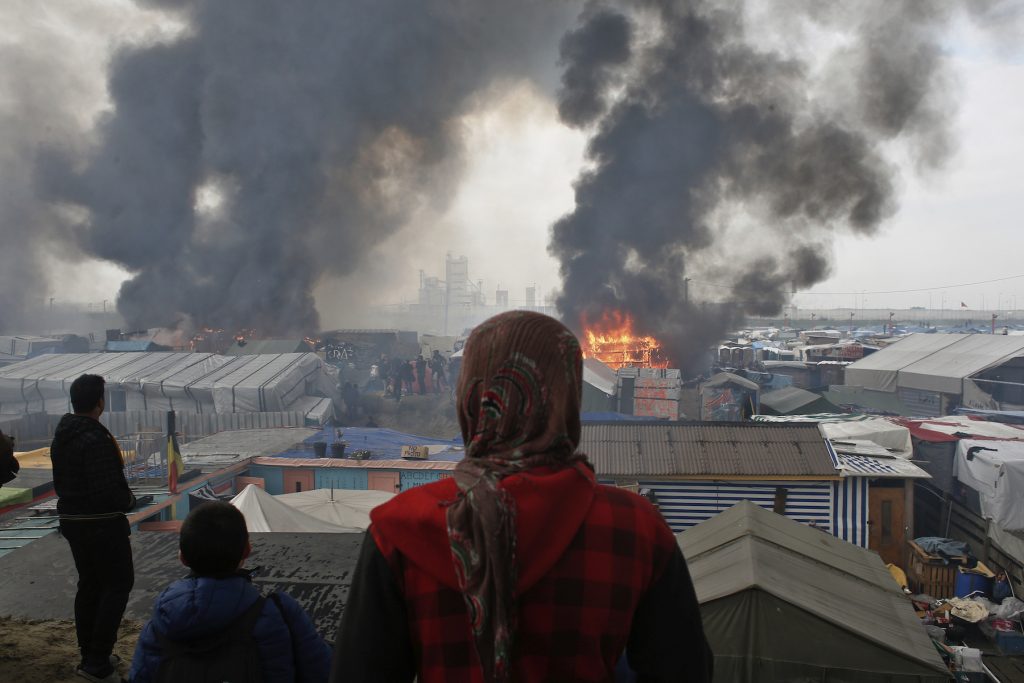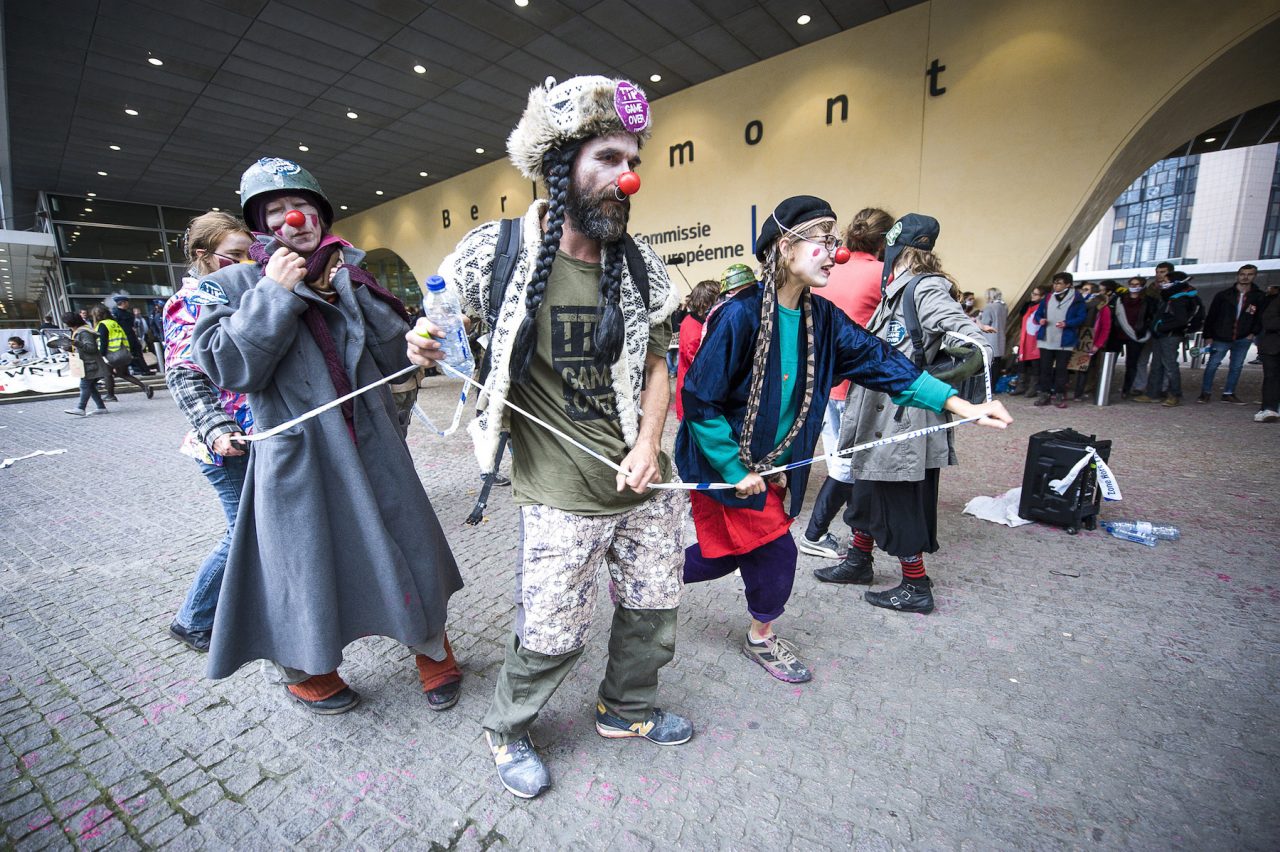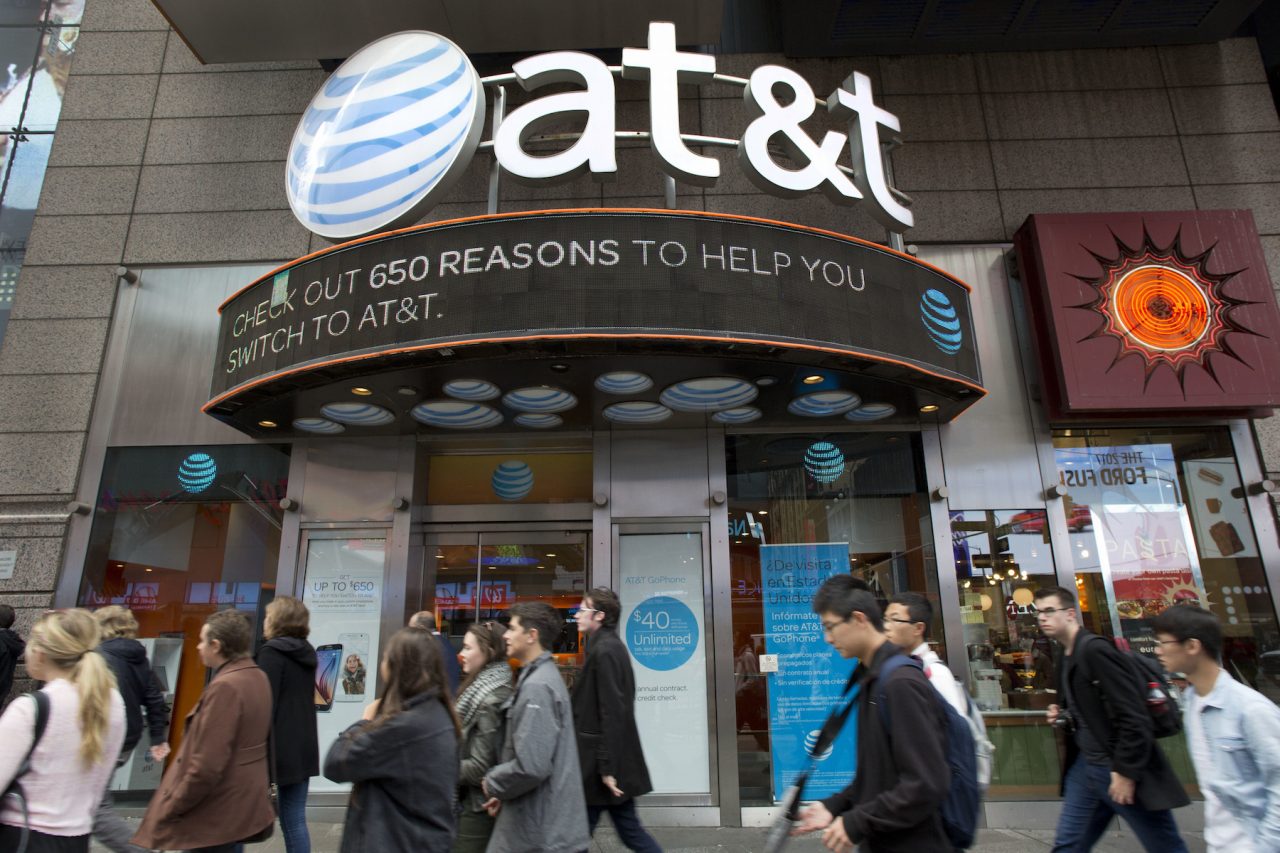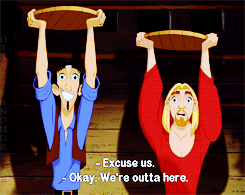
Calais camp cleared, media mega-merger, British banks (likely to) bail. 22–29 October: What just happened?
Calais refugee camp cleared
The refugee and migrant camp in Calais known as the 'Jungle' was cleared by French officials this week, with those living the camps bussed to cities around the country to apply for asylum or be deported. Millions have been spent by France and the UK on the upkeep of the camp, and the destruction is sure to cost millions more. But opinions are strongly divided across the two countries over what would be best for their economies: to integrate as many migrants and refugees as possible, or keep them out. With the UK accusing France of breaching the UN Convention of the Rights of the Child by allowing children to sleep in horrific conditions during the dismantling of the camp, what's often framed as an economic debate has turned into a deeper question of human rights. Here's the Independent with more info.
Walloons vs CETA

Wallonia, a region in Belgium of 3.5 million people, single-handedly stalled a trade deal between the EU and Canada this week. The deal in question is the Comprehensive Economic and Trade Agreement (CETA), which would eliminate 98% of between the EU and Canada, saving €500 million in duties. But Walloons feel it’ll lead to less protection for workers, farmers, and the environment (UK campaigning organization Global Justice Now warns of the dangers it poses for ‘key UK products like Cornish pasties and Cumberland sausages’!). They’re also not happy about planned investment courts within which companies can take governments to trial without public oversight. They've now convinced the EU to add a declaration to the agreement allowing Belgium to query in court whether these 'investor protection' mechanisms are actually legal under EU law, and assess the environmental and soci0-cultural impact of the treaty before it goes through.
AT&T attempts to buy Time Warner

AT&T, a gigantic American phone company, wants to buy Time Warner, a gigantic American media company – but the government isn't convinced. The companies are saying the merger will be great for everyone because the new super-company will be able to make TV streaming services that compete with traditional TV providers. But skeptics are worried that AT&T could hold popular TV shows hostage, forcing people to buy their phone service to watch Time Warner’s shows. The deal has to get approved by the government before it actually happens, and so far both Trump and Clinton have voiced concern that the deal would give AT&T too much , so whoever wins on the 8th of November, it's not looking good.
If you can Brexit, so can we

Some of the biggest banks in London are preparing to leave the UK as early as January because of Brexit. A top British banker took to the press this week to warn Brexit negotiators that if they opt for a ‘harder’ Brexit, the trillion dollar banking industry might pull its own Brexit and relocate back to Europe. That means quite a bit of instability for the UK economy, and Europe as a whole, as the banks settle into their new homes. The British Bankers Association are calling for a 'soft' Brexit instead—where money could still flow freely between the UK and Europe—but it's unclear if politicians on either side of the channel are willing to go for that. All sounds like a debate over boiled eggs to us.
In other news…
Most expensive ball game ever? America's top baseball league championship, the (humbly named) World Series, kicked off this week between the Chicago Cubs and the Cleveland Indians, neither of which has won a chapionship in about a zillion years. That means ticket prices are through the roof; a nosebleed seat in Wriggly Field will set you back $3,200!
No beer for Baghdad With the battle for Mosul dominating the news, Iraq's parliament quietly passed a law banning alcohol across the nation. Iraqi Christians who make a living from selling booze aren't pleased, but given how similar laws have fared in other countries, a black market is likely to pop up pretty quickly.
UKIP's post-Brexit bank balance blues Turns out that UKIP, a leading force in the Leave campaign, were heavily reliant on EU funds and are finding themselves in a bit of a post-Brexit financial pickle. Bit late now.
Economy class? Sounds good to us If you made £10 million a year— that's 12 million dollars—how would you travel? Stretch limo? Private jet? $100 bargain seats on Easy Jet? Star footballer Raheem Sterling was spotted on the discount airlines this week, proving to the rest of us that a penny saved is a penny earned.
Elections scare people, Halloween industry celebrates

Turns out Halloween product sales spike every time election season comes around in the United States – and this year's is scarier than ever. Politics is a stressful business, and for people who only really get involved with it over election time, a night of escapism in the form of dressing up like Kermit the Frog and pigging out on tootsie-rolls is seriously appealing. Clinton and Trump mask sales are going through the roof, as well as some of the classics like Lincoln, Washington, and Sara Palin. And really, what better way for the US to end its slog of an election than by eating the most candy, carving the most pumpkins, and bobbing the most apples in Halloween history? God Bless America.
Check out our Economy Explores: Horror feature here



